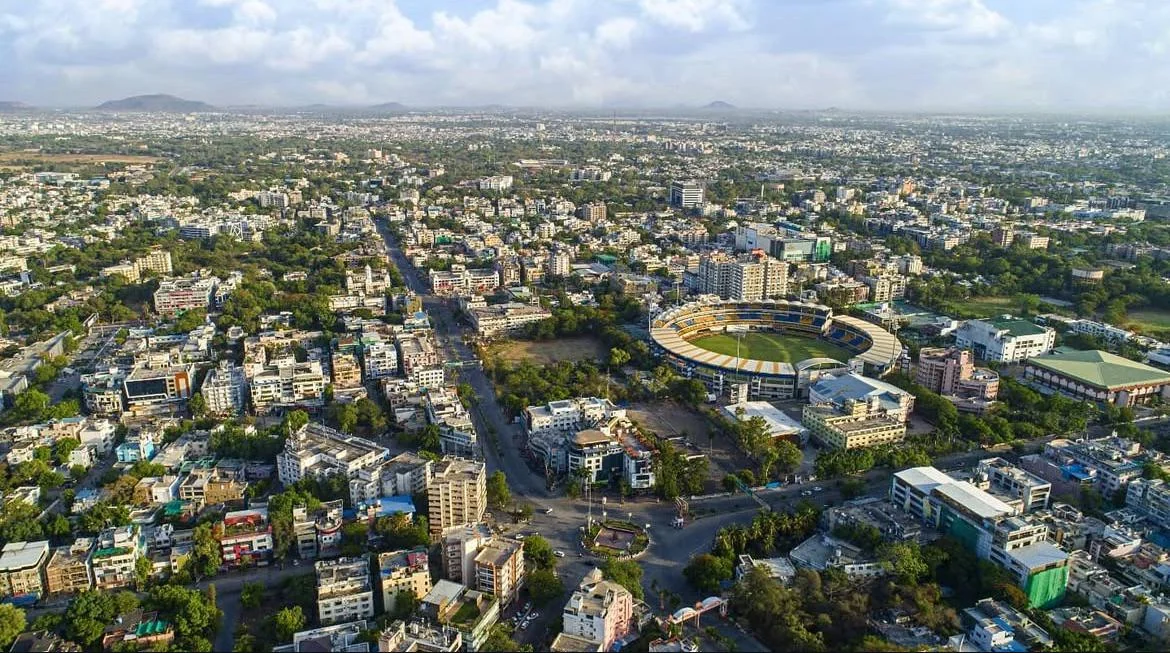Real estate is a vast and complex industry with various terminologies and jargon used frequently in transactions, contracts, and agreements. Understanding these terminologies is crucial for anyone dealing with Indian real estate, whether it’s buying, selling, renting, or leasing. In this blog post, we’ll discuss some of the most common terminologies used in Indian real estate.
Carpet Area: Carpet area refers to the actual area of the property that can be used by the owner. It does not include the area of the walls, balconies, or other common areas. It is the actual usable area inside the property.
Built-up Area: Built-up area is the carpet area plus the area occupied by the walls and other built-up spaces such as the lobby, stairs, and elevators. It is the total covered area of the property.
Super Built-up Area: Super built-up area is the built-up area plus the proportionate area of common spaces such as the lobby, stairs, and elevators. It includes the shared area of the building.
Agreement for Sale: An agreement for sale is a legal document that outlines the terms and conditions of the sale of the property between the buyer and the seller. It includes the price, payment schedule, and possession details.
Title Deed: A title deed is a legal document that proves ownership of the property. It includes details such as the property description, ownership details, and any encumbrances or liabilities on the property.
Power of Attorney: A power of attorney is a legal document that grants authority to a third party to act on behalf of the owner. It is commonly used in cases where the owner is not present or is unable to conduct the transaction in person.
Lease Deed: A lease deed is a legal document that outlines the terms and conditions of the lease agreement between the owner and the tenant. It includes the rent, lease period, and any other terms and conditions.
Encumbrance Certificate: An encumbrance certificate is a legal document that provides information about any liabilities or charges on the property. It is an essential document while buying or selling a property.
Stamp Duty: Stamp duty is a tax levied on the sale or transfer of property. It is a state subject, and the rates vary from state to state.
Occupation Certificate: An occupation certificate is a legal document that certifies that the property is fit for occupancy. It is issued by the local authorities after the completion of the construction.
In conclusion, understanding these terminologies will help anyone dealing with Indian real estate to navigate the complexities of the industry. It is always advisable to seek professional assistance from a real estate agent or a legal expert to ensure a smooth transaction




